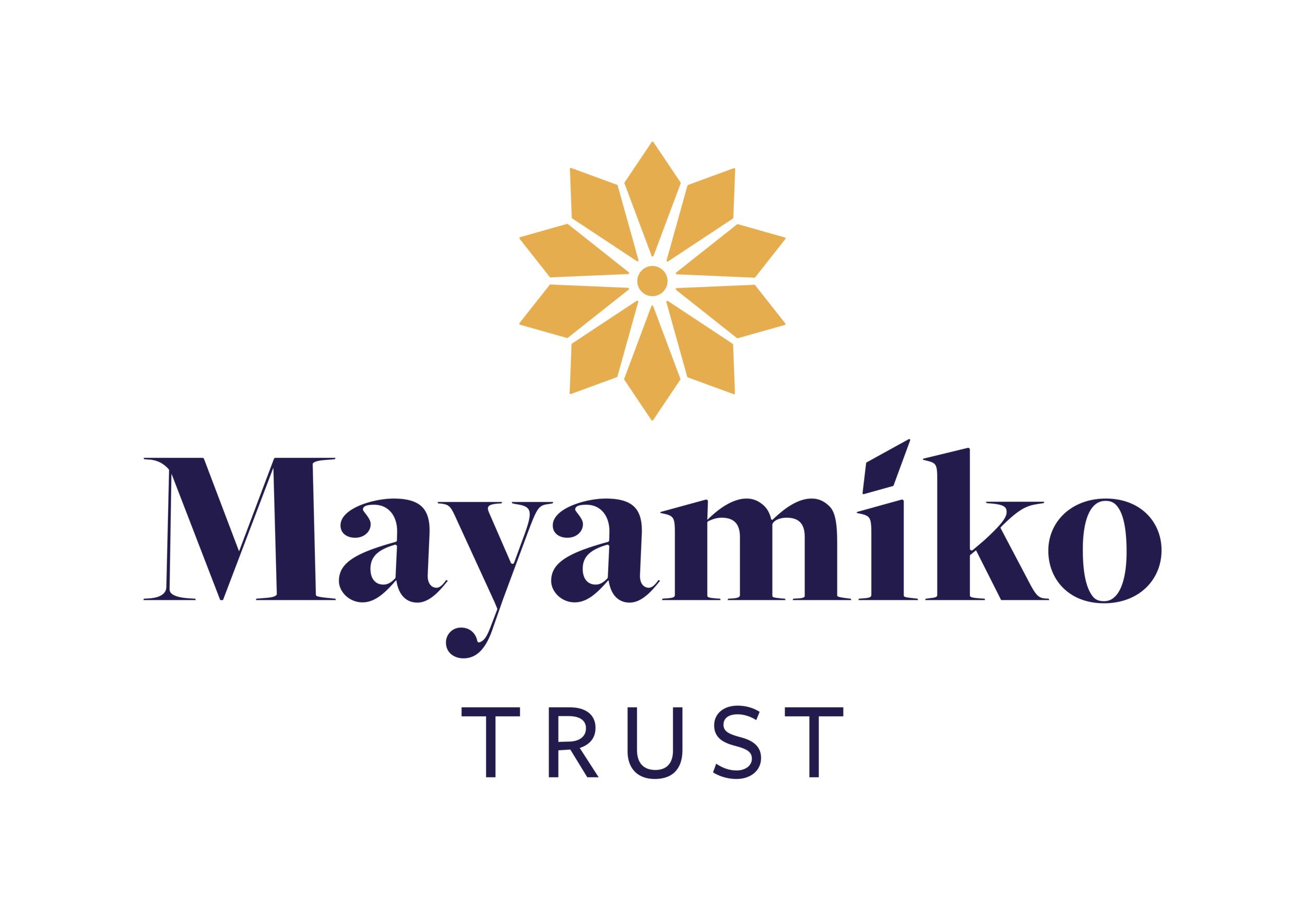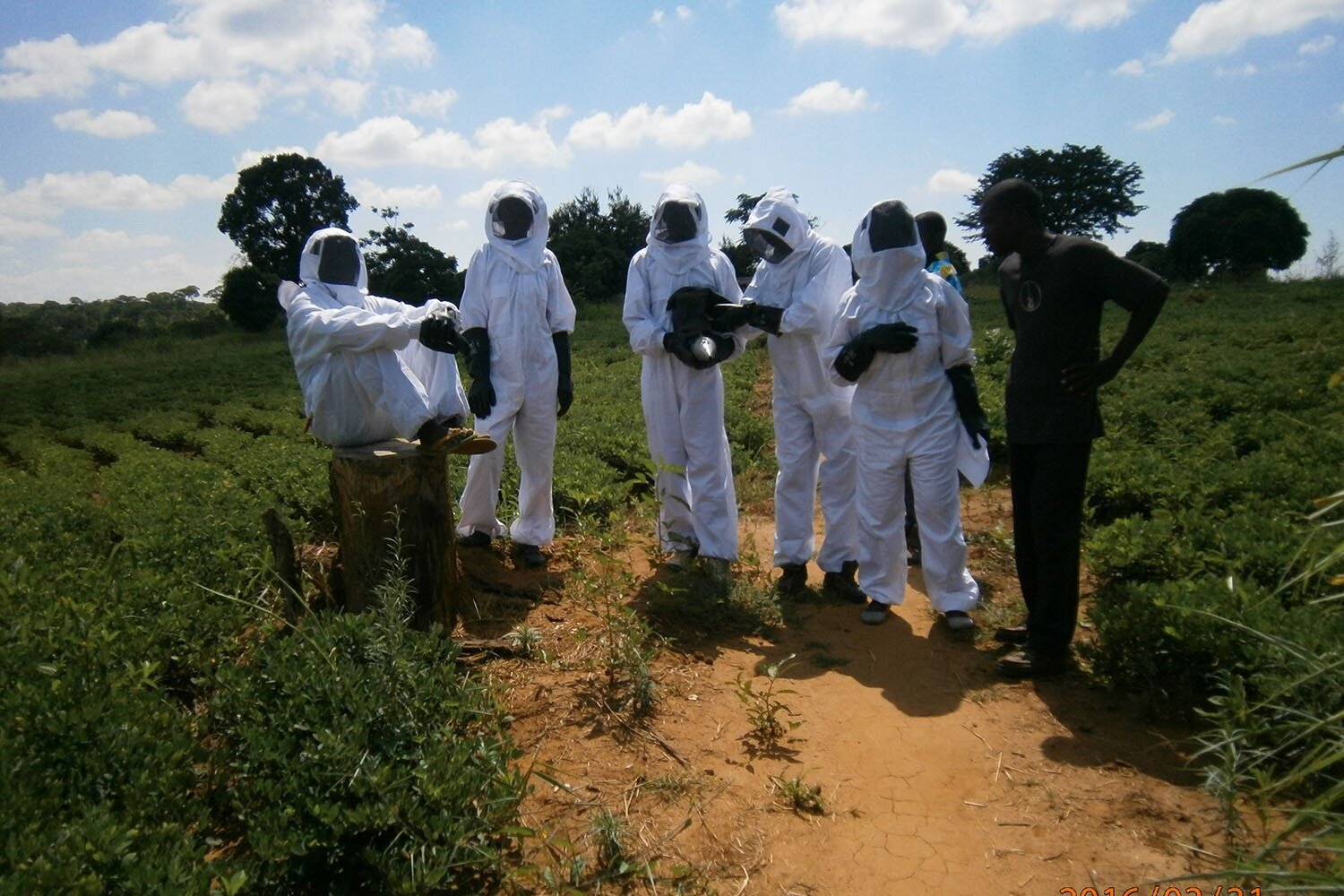Case study - beekeeping
Bee-keeper's training: generating economic and environmental Impact
In 2016 Mayamiko Trust funded a pilot initiative in the north of Malawi, partnering with local honey enterprise Lusindo Honey.
Lusindo Honey is a Nkhotakota based business that buys pure forest honey and processes it for the Malawi retail market. Lusindo Honey required more honey and was seeking to develop a supply of Forest Honey from Nkhotakota National Park. Surrounding the park are local communities and these have been formed into 60 Natural Resource Committees (NRC) who help protect and conserve the Park. Part of the motivation to protect and conserve is that the NRCs are allowed to access the Park for collecting mushrooms and also bee-keeping. Lusindo Honey partnered with Mayamiko Trust to pilot a scheme with 9 NRCs from the village of Bamba, and each NRC has formed a bee-keeping club with 10 members.
“We saw an opportunity to create a positive economic impact in a very impoverished community, while protecting the natural resources of the park: it made total sense and Mayamiko Trust’s approach of creating long lasting change through education was a perfect fit. ”
A requirement to train these club members was identified and it was proposed that of the 90 members should be trained in groups of 30 for theory for three days and then groups of 5 for practical training (hive management) over a further three day period. When a member completes the training they will receive a certificate that will form part of their application for micro-finance.
Lusindo Honey continued to support the bee-keepers after the course, giving them specialist apiary supervision for their hives on a fortnightly basis and assisting with harvesting. Through Mayamiko Trust it also worked with TEVETA, the leading accredited training agency in Malawi, to establish an apiary training curriculum.
“I love bee-keeping as it gives me an income and a future to look forward to for me and my family. The micro loan to buy hives has really helped me. We can now live in harmony with our forests, and earn good money from it.”


